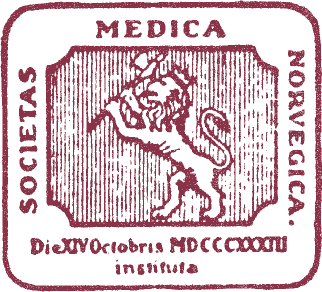Laura Daniela Martinenghi* Department of Veterinary and Animal Sciences – University of Copenhagen, Belma Skender* Department of Community Medicine and Global Health – University of Oslo, Jørgen J. Leisner1 and Christoph Gradmann2 (eds.)
Summary
doi: 10.5617/michael.11417
The seminar "Plectasin's Odyssey: From Hopeful Beginnings to Untimely End," held on the 16th of November 2023 at University of Copenhagen, Denmark, gives us an overview of the challenges in developing new antibiotics inside the antimicrobial pipeline. The seminar focused on the story of Plectasin, the first antimicrobial peptide found in a fungus, discovered by Novozymes back in 2002. A group of twelve people was invited, including key figures of the original discovery team of Plectasin, as well as academic historians and researchers.
The story of Plectasin highlighted how complex and challenging it is to bring a new drug into pharmaceutical development. The participants reflected on the initial excitement of discovering Plectasin and its potential as a good antimicrobial candidate.
Subsequently, discussions focused on market obstacles, including the crucial roles of regulatory and economic stakeholders. The issue of a visible gap between the health system’s needs and the pharmaceutical industry’s focus, the importance of innovative funding and development models, and the potential for repurposing shelved antimicrobial candidates were addressed. However, it was agreed that publication of the discovery in prestigious journals such as Nature and Science added to the perceived competence by the public of Novozymes as a company.
In summary, a common thread in the discussion was the urgent need for a shift towards more collaborative, community-focused, and sustainably financed strategies in antibiotic development. Such a change is essential if we are to stand a chance in the global fight against antimicrobial resistance (AMR).
